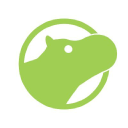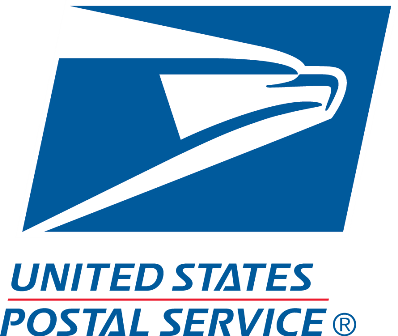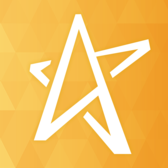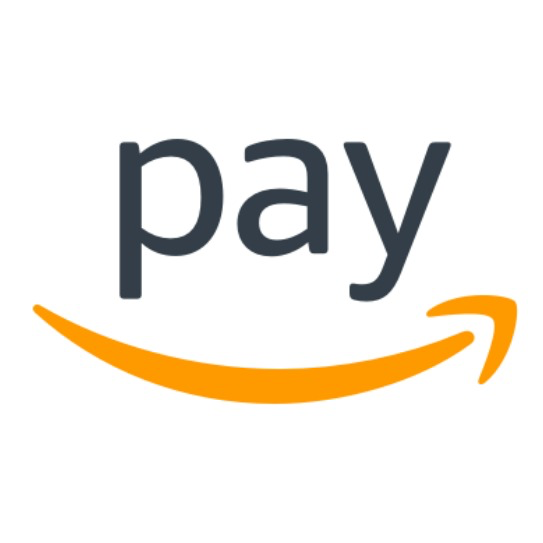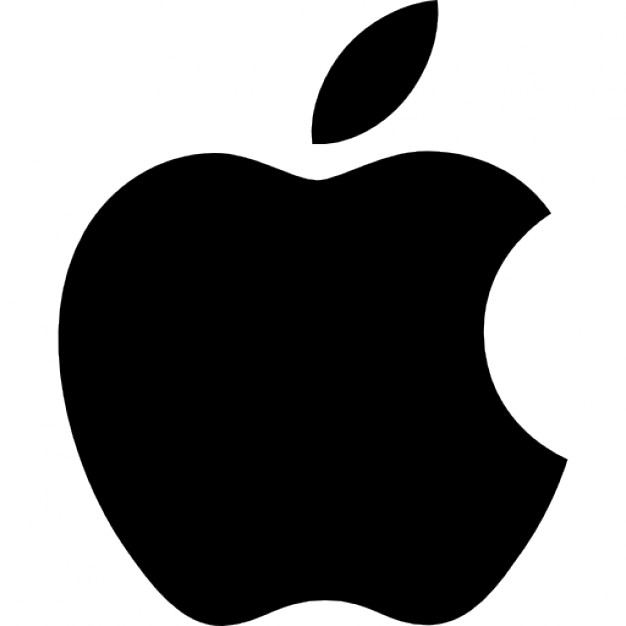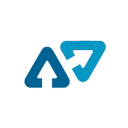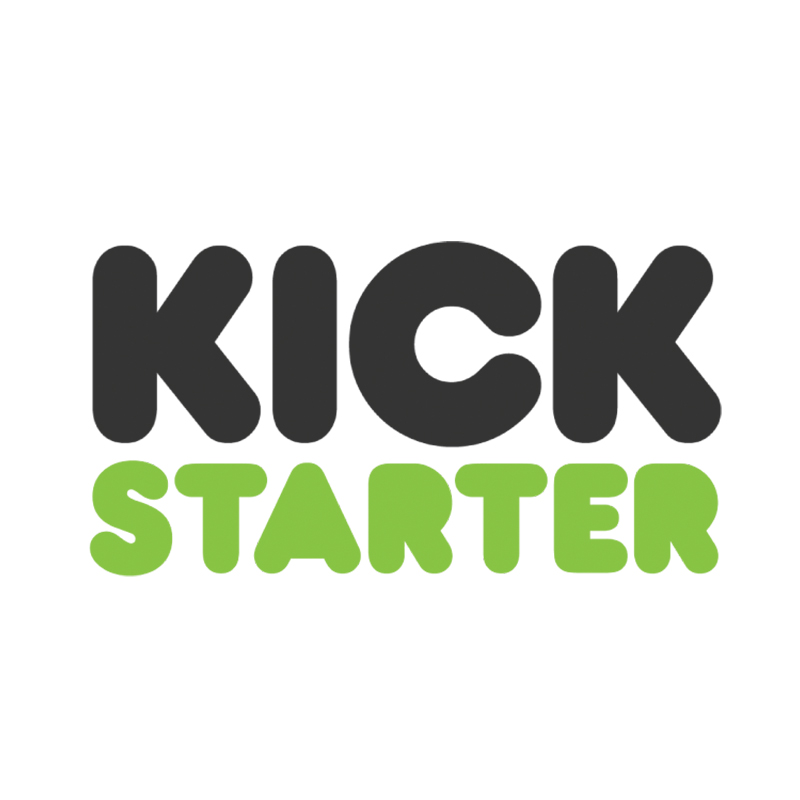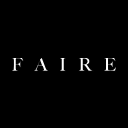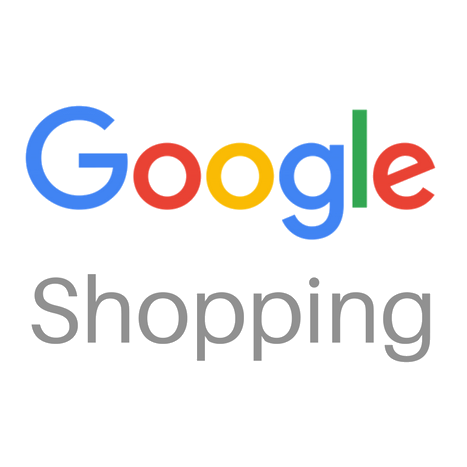I Started A $180K/Year Africa-Inspired Handbags Brand
Hello! Who are you and what business did you start?
I’m Tomide Awe and I’m the founder of Olori. We make gorgeous, Africa-inspired handbags that showcase and celebrate the beauty of African culture whilst empowering women. Incorporating traditional fabrics into modern design, our products invite women all over the world to experience the beauty and culture of Africa with an emphasis on craftsmanship, heritage, and legacy. We bring unique, hard-to-access, high-quality African fabrics to the world’s stage.
Our unique styles are derived from authentic, hand-woven African textiles made by local artisans in the heart of Nigeria using techniques that have been passed on for generations, thereby inviting conversation and connection to Africa and its diaspora.
Every purchase from Olori not only benefits artisans in Africa, helping to preserve their craft; our production process also economically empowers the local, women-owned businesses in Africa from which the hand-woven fabrics are exclusively sourced.
Through our collaboration with our giving partner, Campaign for Female Education (CAMFED), we power generational impact by supporting the education and empowerment of young girls in...




